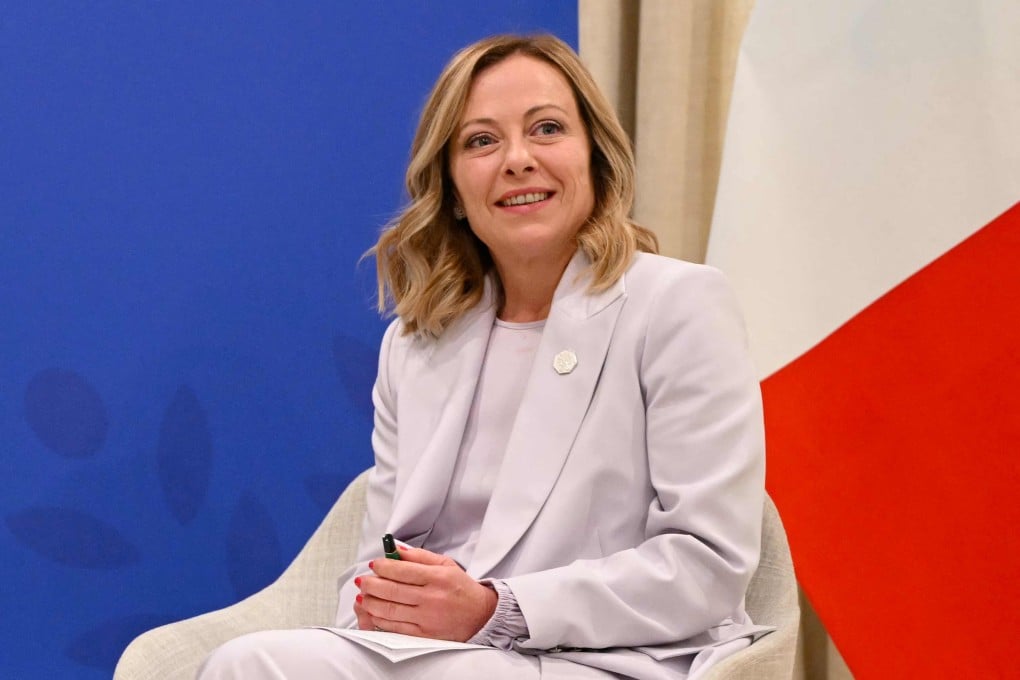Italian PM Meloni likely to visit China this month, the reward of cautious diplomacy
- Despite Italy quitting Beijing’s belt and road, the two sides were seen to ‘let diplomacy work’ for a smooth and productive revision of ties

Sources with knowledge of the trip said Meloni was likely to visit China on July 29 and 30, with President Sergio Mattarella possibly following with a stopover in November.
Enterprise Minister Adolfo Urso is now in Beijing to lay the groundwork for these resumed exchanges, intended to showcase Italy’s nuanced approach towards economic relations with China.
According to Filippo Fasulo, senior research fellow at the Institute for International Political Studies’ Asia Centre, Italian leaders were frequent visitors to China before former US president Donald Trump’s hardline policies prompted a shift in Western countries’ relationships with Beijing.
In 2017, the year before a full-blown trade war erupted between the superpowers, Mattarella had a week-long stay in China, while then-prime minister Paolo Gentiloni attended the landmark Belt and Road Forum.
Soon after, the West then began seeing strong political ties with China as “sensitive”, with political events in Beijing – such as the Communist Party congress, where President Xi Jinping secured a third term – further contributing to the idea, said Fasulo, who teaches at the Catholic University of Milan.

